Art saved me; it got me through my depression and self-loathing, back to a place of innocence
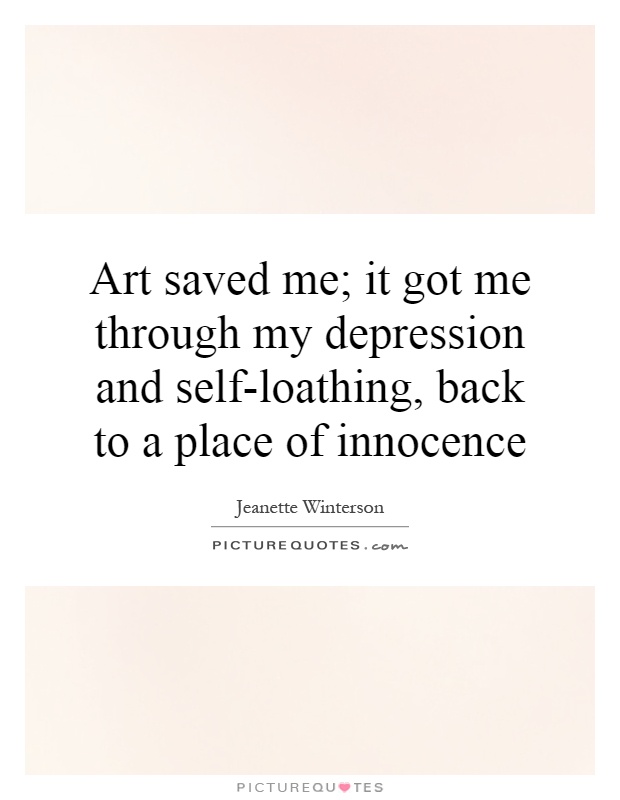
Art saved me; it got me through my depression and self-loathing, back to a place of innocence
Jeanette Winterson, a renowned British author known for her powerful and evocative writing, has often spoken about the transformative power of art in her own life. In her memoir "Why Be Happy When You Could Be Normal?", Winterson delves into her struggles with depression and self-loathing, and how art played a crucial role in helping her navigate through these dark times and find her way back to a place of innocence and self-acceptance.Winterson's journey with art began at a young age, as she found solace and escape in books and stories. Growing up in a strict and oppressive household, Winterson turned to literature as a means of coping with her difficult circumstances. Through the worlds created by authors like Charles Dickens and Emily Bronte, Winterson found a sense of connection and understanding that she couldn't find in her own life.
As she grew older, Winterson's love for art expanded beyond literature to include other forms such as painting, music, and theater. She found that immersing herself in these creative outlets allowed her to express her emotions and experiences in a way that words alone could not. Through painting, she could release her pent-up feelings of anger and frustration; through music, she could find moments of peace and tranquility; through theater, she could explore different aspects of her identity and imagination.
During her darkest moments of depression and self-loathing, Winterson turned to art as a lifeline. She found that creating and consuming art gave her a sense of purpose and meaning, and helped her to see beyond her pain and suffering. Through the act of creation, Winterson was able to channel her emotions into something beautiful and meaningful, allowing her to transcend her own limitations and connect with a deeper sense of self.
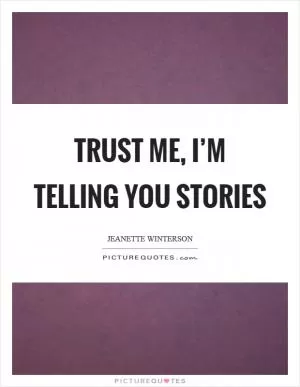
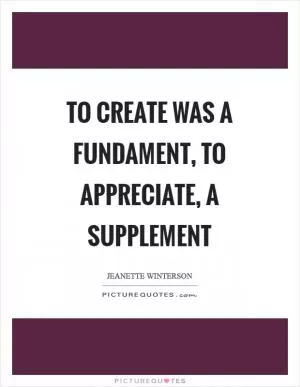
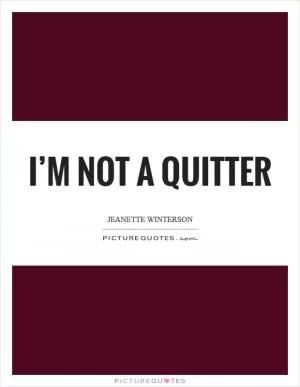

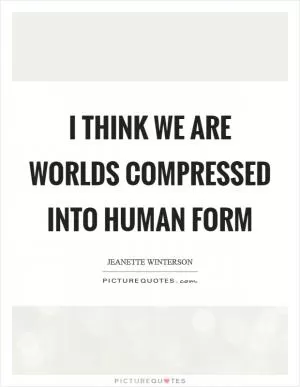
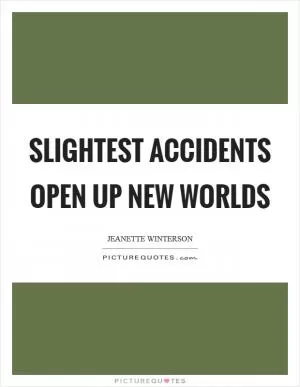
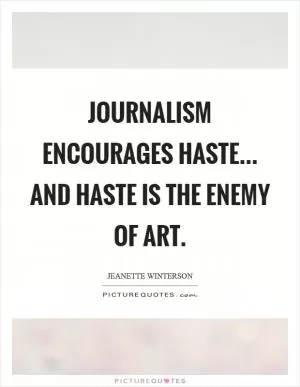
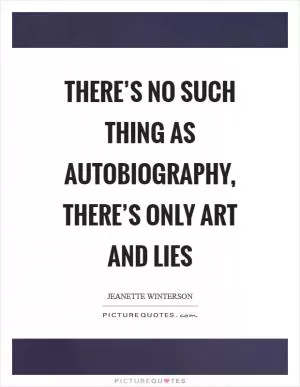
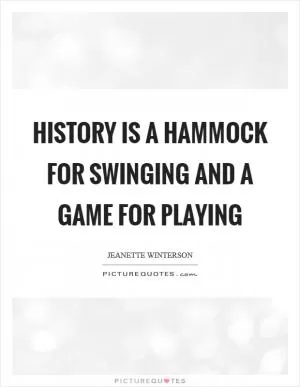

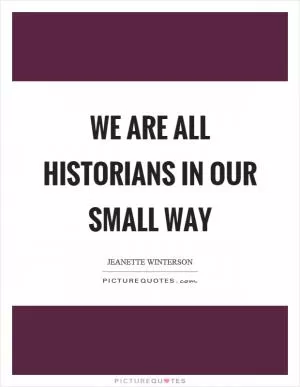

 Friendship Quotes
Friendship Quotes Love Quotes
Love Quotes Life Quotes
Life Quotes Funny Quotes
Funny Quotes Motivational Quotes
Motivational Quotes Inspirational Quotes
Inspirational Quotes